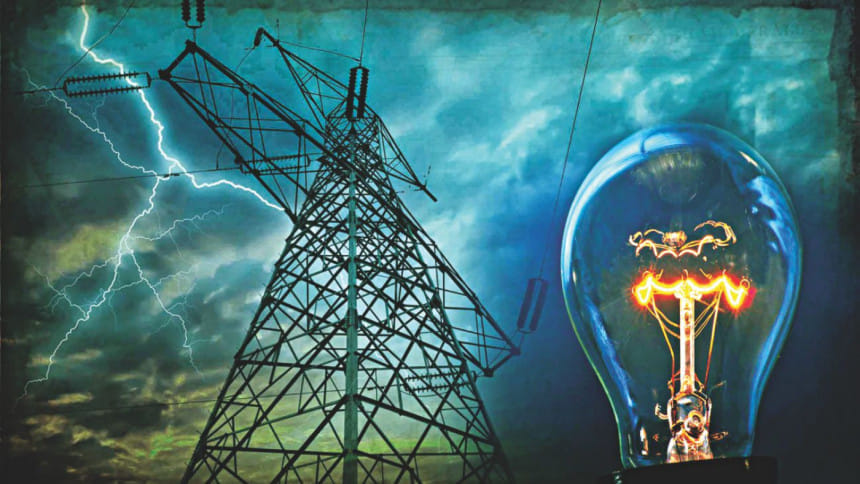An appraisal of Electricity Act

The Electricity Act, 1910 has been repealed on 12th February 2018 by re-enacting the Electricity Act 2018 for ensuring better supply as well as use and for meeting up the gradual accumulative demand of electrical energy all over the country.
The main objective of 1910 Act was to ensure the supply and optimal use of electrical energy which is attainable through compensatory punishment as opposed to a retributive one because only fine recovered from an offender as compensation could be used for power development. Every offence mentioned in the 1910 Act was punishable either with fine or imprisonment or both, solely depending on the discretionary power of the concerned court. However, the original Act got its retributive character after an amendment came into force in 2006, through which an authoritarian limit on discretionary power of the court was brought, by inserting conjunctive 'and' before every punishment as such. The new Act of 2018 has re-claimed its original character based on principle of compensatory punishment giving unfettered discretion to the court without limiting minimum period of imprisonment.
The 1910 Act had defined criminal offences concerning illegal, unlicensed and unauthorised electricity consumption. The definition was more self-explanatory than the one provided in the Electricity Act, 2018. The term 'electricity theft' has dubiously been defined in the new Act of 2018 under section 2(12). The definition has no interpretive clause in explaining theft through the use of different appliances like through meter by-pass, meter tempering, meter jamming etc.
Originally there was a mandatory provision to serve a ten days clear notice to a consumer before discontinuance of supply who neglects paying charge under section 24 of 1910 Act. And the power of licensees to enter into private persons' premises for inspecting and testing the electric supply lines, meters, fittings works and devices was made subject to a special order made by the Magistrate of the first class. The new Act through sections 18 and 19 has brought about a change in this respect and has overwhelmingly empowered a licensee over a regular consumer. Wide discretionary power has been given to a licensee in respect of disconnecting consumers' connection and of entering into private persons' premises without service of notice or without prior permission of the court.
The new legislation has got its uniqueness from the earlier one firstly because of chapter two for development of electricity sector with a unitary operating system contrary to the previous manifold structure. Secondly, under the new Act, the consumer can get special service through special line subject to a payment of special fees under section 16 and they might avoid complications involved in monthly payment through advance payment under section 22. Thirdly the principles of collective as well as individual accountability have been introduced under section 18(3), 37, 43. Fourthly, unlike 1910 Act, the new Act has classified certain offences as cognizable, non-bailable, non-compoundable and some as cognizable, bailable and compoundable.
Under section 37, for illegal and defective power supply or supply beyond permitted area or discontinuance of supply to certain locality without justifiable ground, a licensee shall be punished with imprisonment for a term not exceeding one year or fine not exceeding one lac or both. A person or groups of person can file a case against a company or licensee for unusual load shedding without justifiable cause under this section. To prevent sabotaging of related structures, heavy punishment has been provided for (that too with alternative heavy fine).
All offences are to be tried exclusively by first class judicial magistrate or metropolitan magistrate. Furthermore, there is no reference as to what extent this Act will be applicable to offences committed by consumer under rural electric board that will surely create jurisdictional paradox in and outside Dhaka because they have only two separate courts based in Dhaka.

 For all latest news, follow The Daily Star's Google News channel.
For all latest news, follow The Daily Star's Google News channel. 



Comments